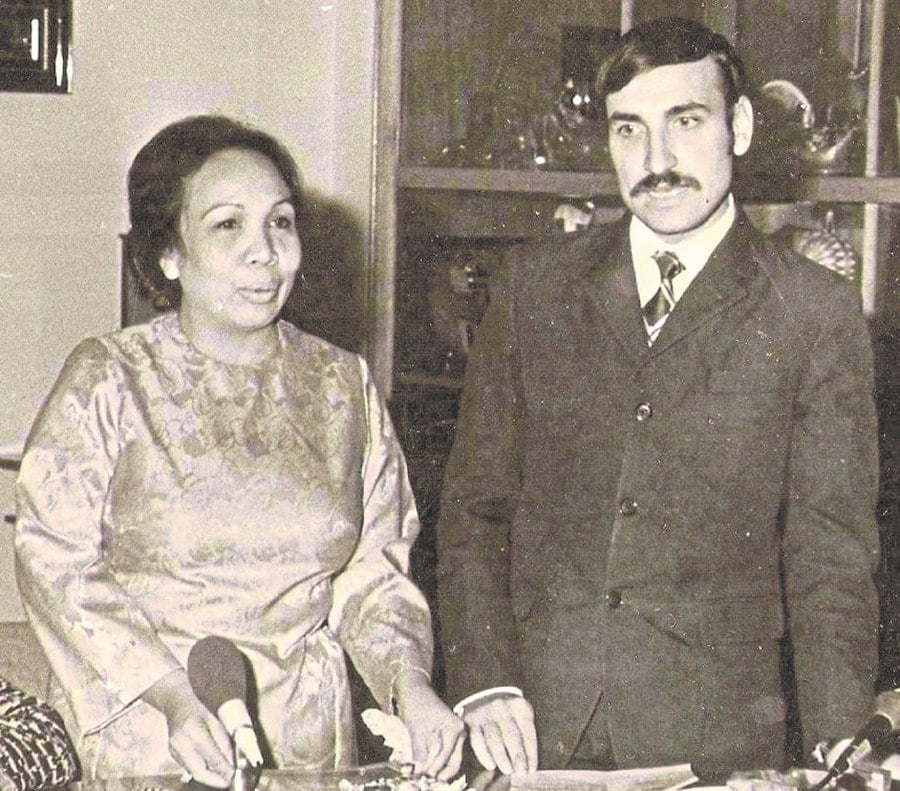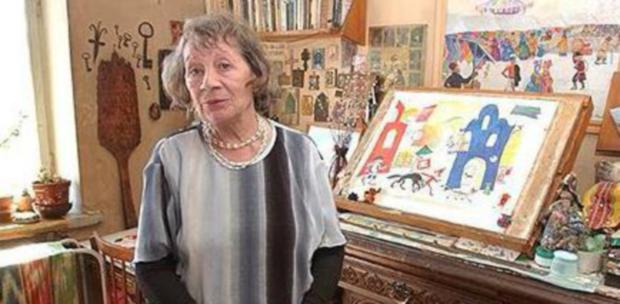ONCE, the 39th President of the United States, Jimmy Carter, spoke to a Japanese audience. He began his speech with a joke. And, the audience, as one, laughed merrily.
Here, it would seem is the most common thing — a foreign president joked, and the local public burst out laughing.
However, there is one subtlety here — during the simultaneous translation of the speech of the first person of the state, not every interpreter will be able to convey the meaning of the joke as accurately as possible.
Especially if it was an impromptu. Because the limited time, hustle and bustle, excitement, the influx of annoying press, microphones, camera lenses, camera flashes and the close attention of special services interfere with the correct quick translation.
Perhaps, the key is to feel or share the humour by the speaker in such an environment.
In order to instantly translate presidential jokes into another language, in addition to a rich vocabulary, the interpreter also needs experience, knowledge of national character, mentality and folklore background, as well as his own sense of humour.
Take, for example, the famous statements of President Vladimir Putin, which plunged foreign interpreters into a daze.
If a purely Russian proverb or saying was uttered, such as "You shouldn't blame the mirror if your face is crooked", how to quickly resolve it in terms of the translation?
One can only guess how many people had a brain twist after the literal translation of Putin's phrase "... dead donkey ears! ... Why donkey's? And why exactly is it dead?
Who among the foreigners then knew that this was a quote from the humorous novel, The Twelve Chairs, by Russian writers Ilf and Petrov and that it means an ironic refusal to someone's demand or request, receiving something unnecessary instead of what was desired.
And, try to convey in a foreign language the whole meaning of the ending of the famous Odessa anecdote, which Putin once used during his speech when he said: "Ne dozhdetes!" (Don't wait!).
Here, after all, it is necessary not only to make a literal translation of "Don't wait!", but to convey the actual meaning of this wise phrase which is "You"ll never get it!"
Yes, so that helps in making the large audience explode with laughter once they understand.
Over the years, I have done quite a lot of translation. And, during this time, many incidents happened, rightly or wrongly.
One thing is important though — the knowledge of a country, its problems and, of course, the language, always helped me out in difficult times.
One of the problems was the translation of idioms and proverbs. But, for some reason I clearly remember the awkwardness that arose in 1972 during the translation of a conversation between the former leader of the Umno women's wing and then social welfare minister, Tun Fatimah Hashim, and the leadership of the Soviet Women's Committee in Moscow.
Fatimah began, as usual, with a greeting, saying that she was especially pleased to see the first female cosmonaut, Valentina Tereshkova, who at that time was the head of the Soviet Women's Committee.
I started translating and suddenly, to my horror, I saw that Tereshkova was actually not at the meeting. I apologised and asked someone from the Soviet delegation who was in charge about it.
The misunderstanding was then cleared up. Tereshkova was unable to attend, but for some reason the Malaysian delegation and me, the translator, didn't know about it.
Fatimah was very understanding, though. She smiled sweetly and said that although Tereshkova was not there, she was still pleased that the women's organisation of the then USSR was headed by the first female cosmonaut and that she believed that someday Malaysia would be able to launch a woman into space too.
The incident was settled and negotiations resumed their normal course.
So, back to the reaction of the Japanese audience to the joke of Jimmy Carter. All the Japanese laughed fervently, amicably and completely sincerely.
A little later, the impressed Carter asked the translator how he managed to convey the subtle pun in English so well.
The interpreter admitted that he translated the joke by saying as follows: "The President told a funny story. Everyone should laugh..." And, the disciplined Japanese began to obediently laugh.
This is what a non-standard approach to the translation of foreign humour means!
The writer, writing from Russia, is a former lecturer at Universiti Malaya





